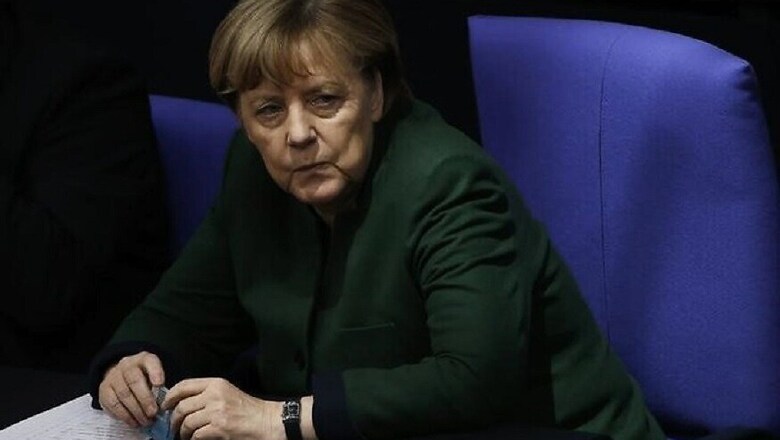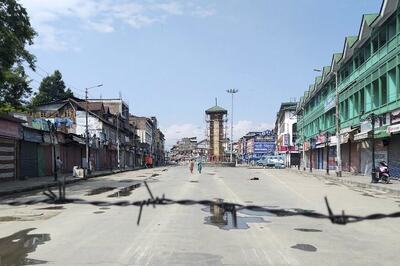
views
Chancellor Angela Merkel's biggest contender in next year's German election campaign may not be a rival party leader but so-called "social bots" - software programmed to sway opinion on social media sites.
In her first speech to parliament since announcing plans on Sunday to seek a fourth term as chancellor, Merkel called for a debate on how fake news, bots and trolls can manipulate public opinion.
"In order to reach people, to inspire people, we need to deal with this phenomenon and - where necessary - regulate it," Merkel told lawmakers on Wednesday.
The role social networks Facebook and Twitter play in spreading false and malicious information has shot up Merkel's agenda after the shock election of U.S. Republican candidate Donald Trump as president.
Social bots are software programmes that mimic human behaviour on social media sites, such as by publishing messages or liking posts. They can be used to spread erroneous information and muddy the debate. Some critics say the proliferation of fake news helped sway the U.S. election in Trump's favour.
With the far-right Alternative for Germany (AfD) having chipped away at support for Merkel's conservatives by attacking her open-door refugee policy, alarm is growing over the influence of bots and fake news on potential voters.
In a sign of how seriously Merkel is taking the matter, she invited Simon Hegelich, professor of political data science at the Technical University of Munich, to brief the executive committee of her Christian Democrats (CDU) on Monday.
"Merkel is really interested in the topic of bots and fake news and hate speech on the Internet and she's very well informed," said Hegelich.
While all of Germany's political parties have said they will not deploy bots in the campaign, the fact that they are mostly anonymous makes it hard to work out who is behind them. Hegelich does not rule out third parties using them to try to discredit parties or politicians.
The head of the domestic intelligence agency raised concern last week about potential Russian interference in Germany's election through the use of misleading media stories.
Moreover, fake news has become a lucrative business model. In the U.S. election campaign, bloggers without political affiliation realised they could earn money by spreading sensational and false stories.
"They act as if they were a news provider, but all the news is fake. It doesn't matter if it's true or not, it's just a business model to get more clicks on advertising," said Hegelich.



















Comments
0 comment